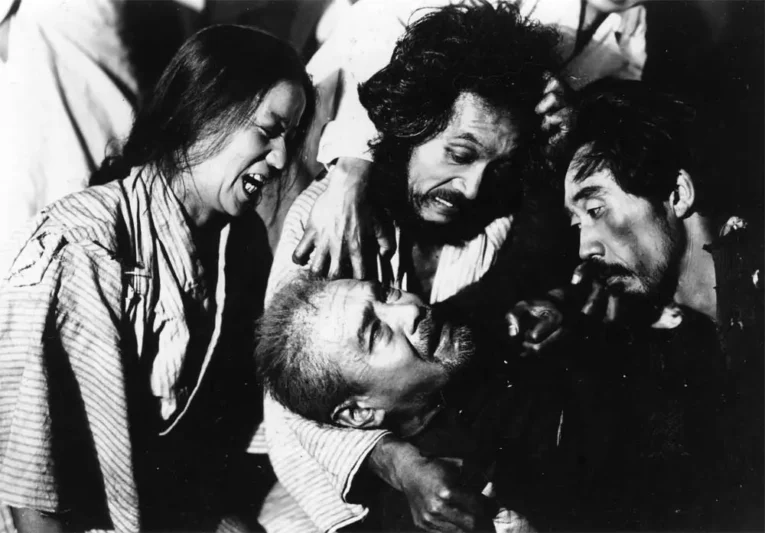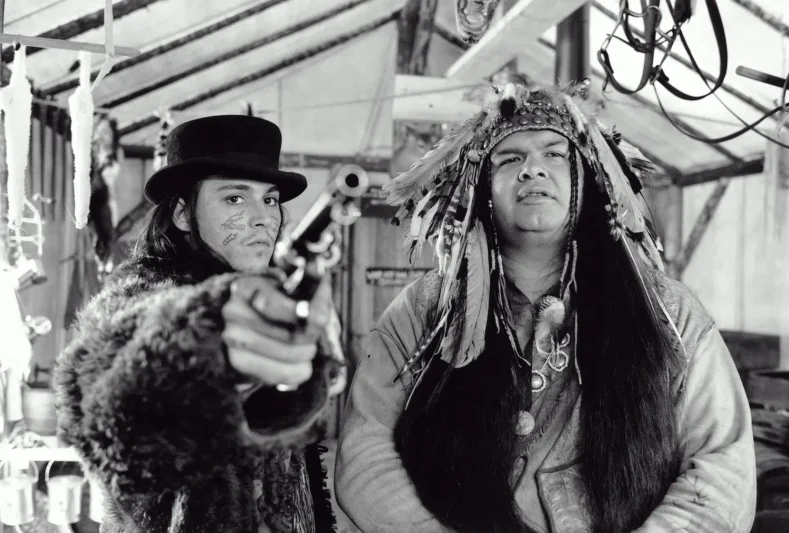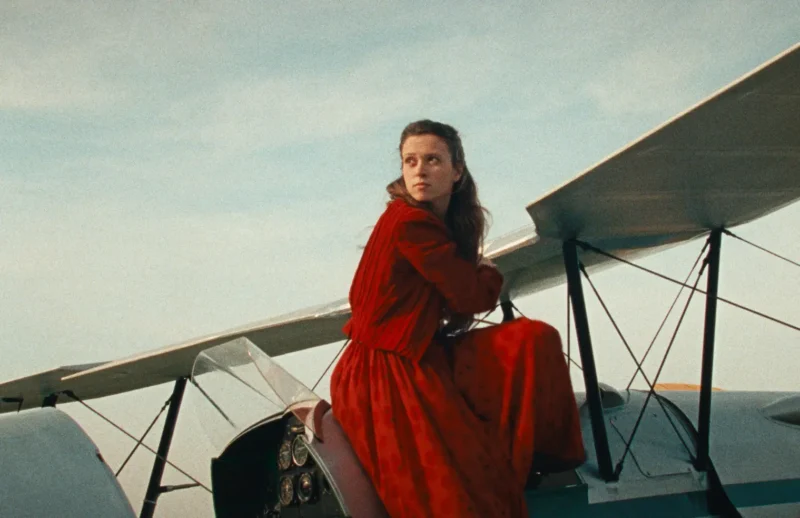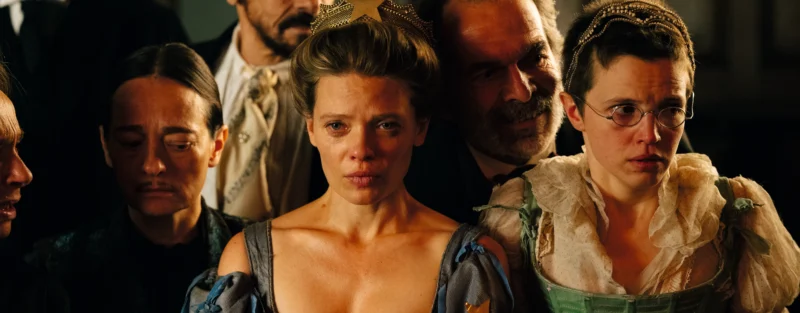Details
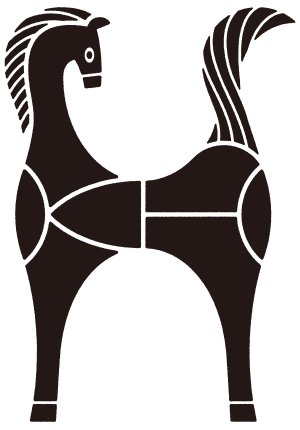
Shochiku Shimogamo Studio 100th Anniversary Commemorative Screening
The man used to be a sailor. He mistreated his wife, abandoned his daughter, and left for the ocean. When he returns a few years later, it turns out that his wife had gone insane and was institutionalized. The man becomes a janitor at the asylum and keeps watch of his wife. Meanwhile, the daughter had become a beautiful woman. She is in love with a young man but could not tell him about her insane mother. The man, unable to overlook his daughter’s anguish, decides to run away from the asylum with his wife. One night, the man sneaks into the institution and witnesses the unthinkable.
Director Teinosuke Kinugasa
Actor Masao Inoue,Yoshie Nakagawa,Ayako Iijima,Hiroshi Nemoto,Misao Seki, Minoru Takase,Kyosuke Takamatsu,Tetsu Tuboi,Eiko Minami
1926| 59min| Japanese|
- Human Drama
- Fantasy
director

Teinosuke Kinugasa [Film Director]
Teinosuke Kinugasa [Film Director] Kinugasa was born in 1896 in Mie. He initially ran away from home at 18 to become an onnagata actor specializing in female roles, but after actresses began to appear on screen, he switched to making films himself. He made his directorial debut with Aa, Konishi Junsa (1922) produced by the Makino Kyoiku Eiga Seisaku-jo. In 1926, he formed the Shinkankakuha Film Association with Yasunari Kawabata and others. Aiming to create cutting-edge art films, he shot A Page of Madness (1926) at the Shochiku Shimokamo Studios. Since then, he created a number of jidaigeki in the Shimokamo Studios featuring newcomer Chojiro Hayashi (Kazuo Hasegawa) as the lead. In 1940, Kinugasa moved to Toho. Then in 1950, he took up a position in Daiei along with Kazuo Hasegawa, where he produced hit after hit and became one of the pillars of the company. His shots with a focus on the contrast between traditional Japanese buildings and kimono are extremely unique and exhibits a solid aestheticism. The colors he used in Gate of Hell (1958) was highly praised by Jean Cocteau and won the Grand Prize at the Cannes International Film Festival. Kinugasa passed away in 1982.
OTHER FILMS










